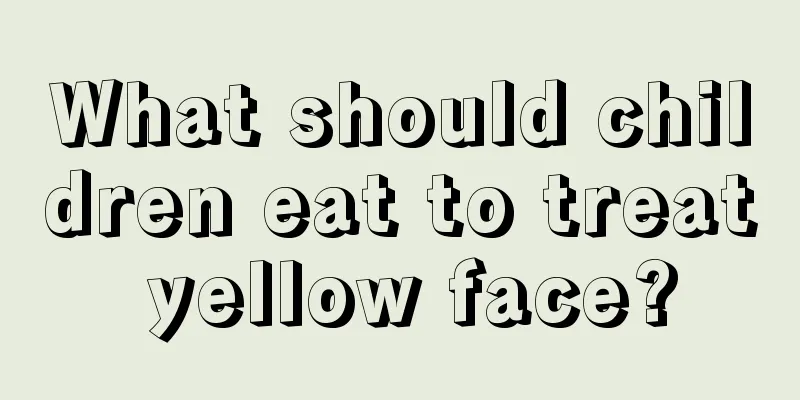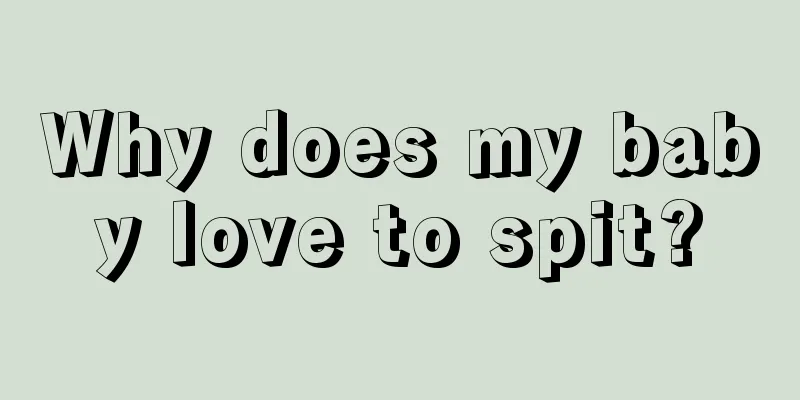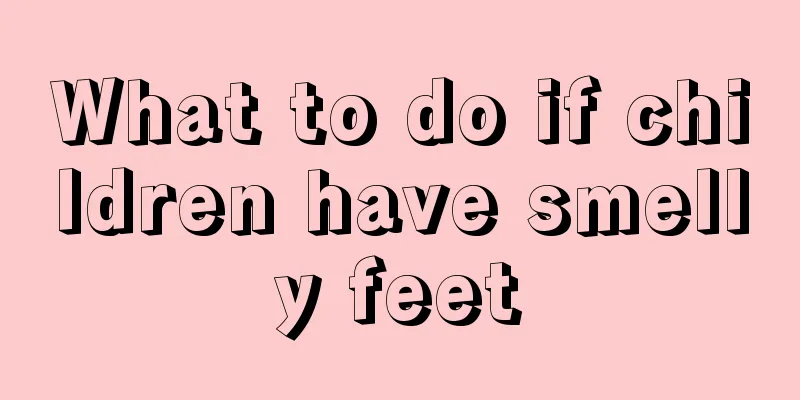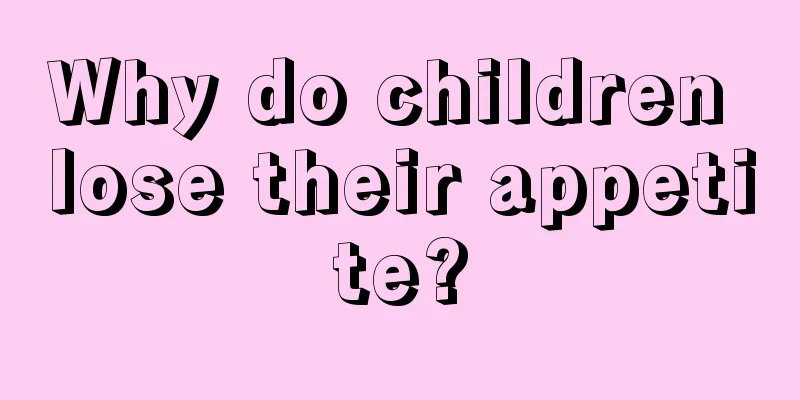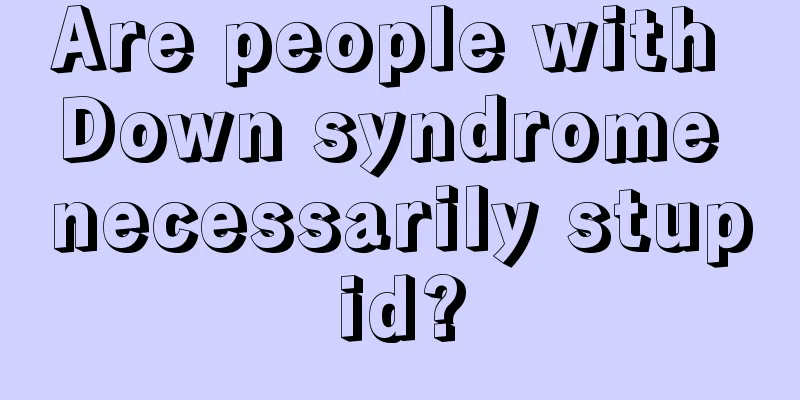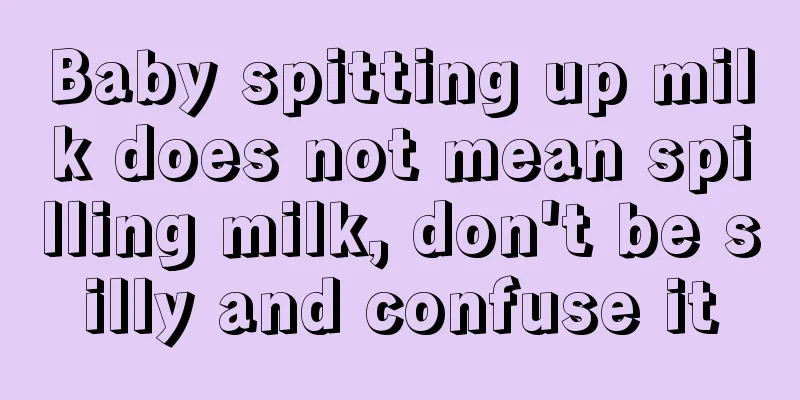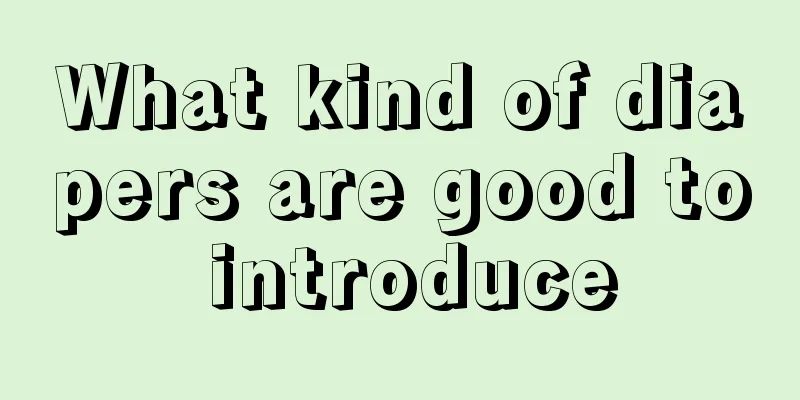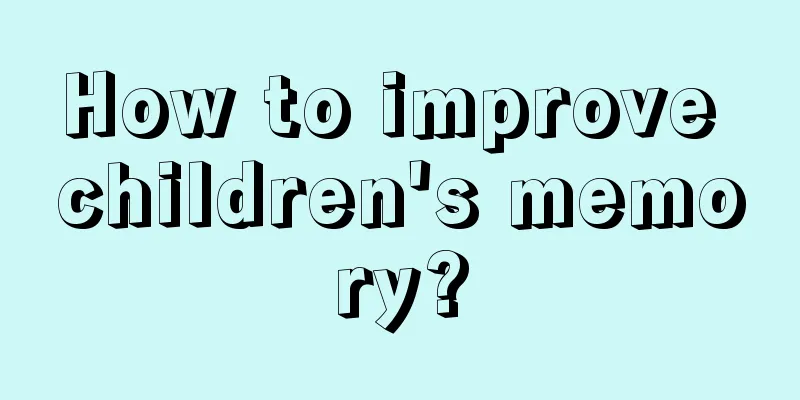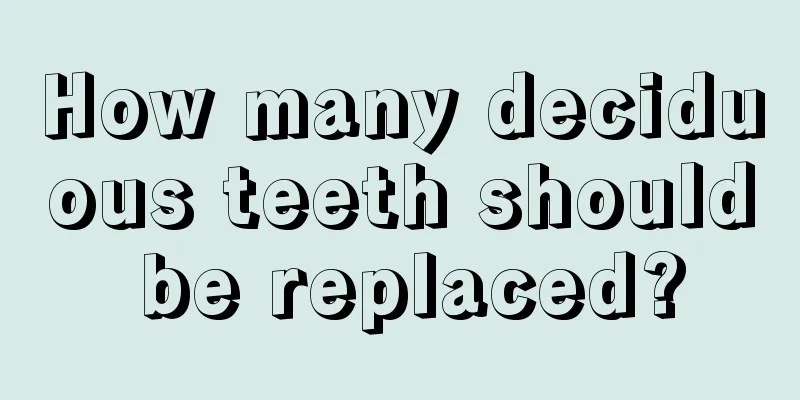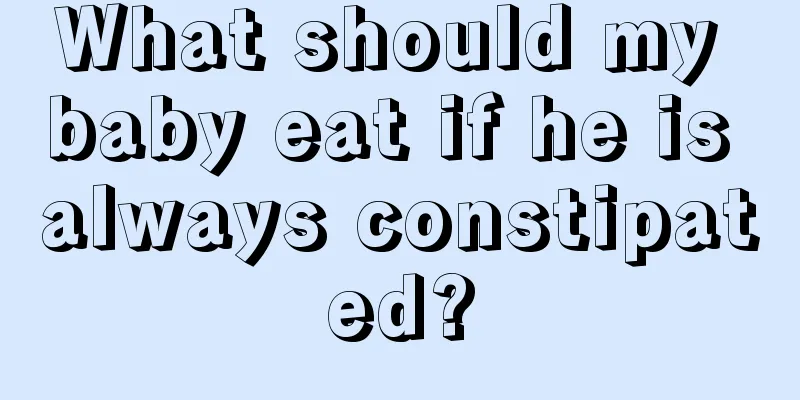Treatment of tonsillitis in a two-year-old baby
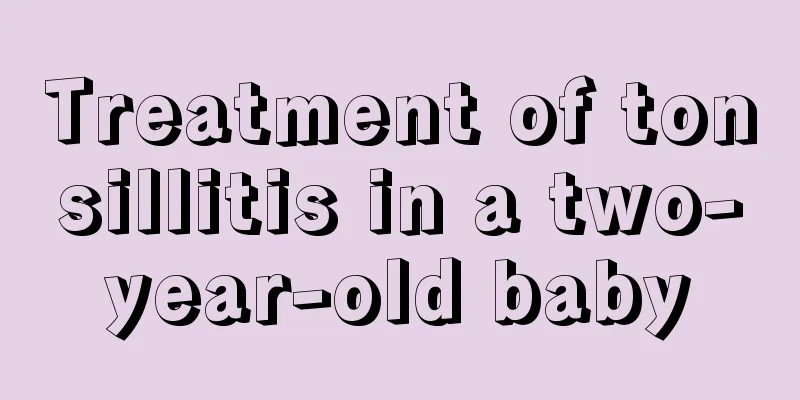
|
For babies, the body's resistance and immunity are relatively low, so it is troublesome once they get sick. Some medicines cannot be taken by babies because they will have serious side effects. Therefore, if a baby has tonsillitis, it needs to be treated in time. Delaying treatment will affect the throat. Next, we will introduce in detail the treatment methods for tonsillitis in two-year-old babies. Tonsillitis in children often has an acute onset, with fever initially, with body temperature between 38 and 40°C, sore throat, and worsening pain when swallowing. When the doctor examines the sick child, he may find congestion in the pharynx, or redness and swelling of the tonsils, with scattered white or yellow purulent secretions on the surface. Since pharyngitis and tonsillitis may induce acute nephritis and rheumatic fever, they need to be cured promptly and thoroughly. The treatment of tonsillitis in children is mainly based on anti-inflammatory treatment to control infection and symptomatic treatment. Generally speaking, penicillin is more sensitive to streptococci and staphylococci, so it can be used as the first choice drug. 400,000 to 800,000 units are injected intramuscularly twice a day for 5 to 7 days. Symptoms can usually be controlled quickly. It should be noted that a skin allergy test should be done before injecting penicillin. Patients who are allergic to penicillin can be treated with erythromycin or lincomycin for 1 week. Aerosol therapy is more effective in treating tonsillitis in children. This method uses the principle of gas jet to impact water droplets into tiny particles, suspend them in the air flow, and input them into the human respiratory tract. Because multiple drugs are added to the nebulizer liquid, it can quickly exert the effects of antibacterial and anti-inflammatory, moisturizing the airways, and relieving sore throat. In hospitals, medical staff often use ultrasonic nebulizers for aerosol therapy. The usual formula of nebulizer solution is: 20-30 ml of normal saline, antibiotics (gentamicin, erythromycin or acyclovir), and appropriate amounts of expectorant (α-chymotrypsin). The above content is about the treatment of tonsillitis in two-year-old babies. If the baby has tonsillitis, parents must treat it in time, because tonsillitis will damage our vocal cords and cause great harm to the child. When the baby is still developing, the use of medication also needs to be cautious and the doctor's advice needs to be followed. |
<<: What are the standards for infant intellectual development?
>>: What should I do if my child likes to sleep on his stomach?
Recommend
What is the treatment for children's upper respiratory tract infection and cough?
Children are prone to upper respiratory tract inf...
What to do if your baby has herpes
Sometimes babies will develop blister rashes, and...
Is it normal for a newborn to poop while eating?
Many things happen to newborns that adults do not...
What are the small red bumps on the child's legs?
We all know that children's skin is particula...
Can children eat fish when they have a cough?
Children who often catch colds and coughs are a h...
What symptoms can determine that a child has worms?
Ratworms are living organisms that appear in the ...
What to do if your 5-year-old baby has a stomachache
A common problem among babies is stomach pain. A ...
Precautions for BCG vaccination
When it comes to the precautions for BCG vaccinat...
Normal infant breathing rate and possible consequences
With the development of the times and the impleme...
Children's common summer diseases "strategy"
Upper respiratory tract infection The rising temp...
What foods cause precocious puberty?
In our daily life, there are many foods that may ...
What are the symptoms of neonatal encephalopathy during recovery?
Generally speaking, the symptoms of neonatal ence...
What should I do if my 4-month-old baby sneezes and has a runny nose?
People nowadays marry late and most of them are o...
What should I do if my child’s throat is always inflamed?
Talking too much and the weather getting cold can...
Baby eating thumb
There are many superstitious beliefs among the Ch...
